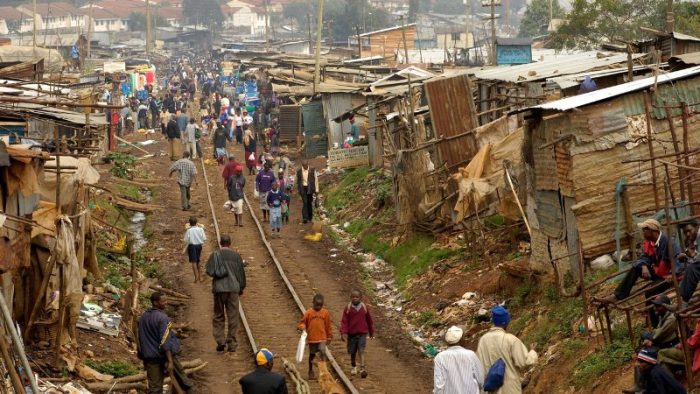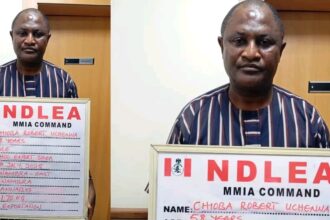The Federal Government has begun using Artificial Intelligence (AI) to identify the most vulnerable Nigerians as part of efforts to scale up its Conditional Cash Transfer (CCT) programme.
The Minister of Humanitarian Affairs and Poverty Reduction, Nentawe Goshwe Yilwatda, disclosed this during an interview with Arise News on Friday.
Yilwatda said the use of AI in collaboration with telecommunications companies enabled the identification of poor individuals in both rural and urban areas.
He added that the process helped add 6.5 million urban poor individuals to the national social register, bringing the total number of people listed to 19.7 million.
“AI was to generate a list of people who are poor in that community using identified telephone numbers,” the minister said.
‘You can now find their phone numbers, you can find their account numbers, you can find their financial services. And AI was to generate an additional 6.5 people who are urban poor, and these numbers were added to the social register.”
The minister said all disbursements are now made directly to verified bank accounts, in line with President Bola Tinubu’s directive to eliminate cash-based transactions.
“The President said that we can’t pay people using cash again. So there’s no cash payment, no movement of money even with the conditional cash,” he noted.
Yilwatda also stated that the government engaged the World Bank and independent verifiers, including civil society organisations, to confirm the accuracy of the data in the social register.
According to him, 94% of the listed beneficiaries were verified through direct physical contact, while 6% could not be reached, possibly due to inactive phone numbers or other factors.













